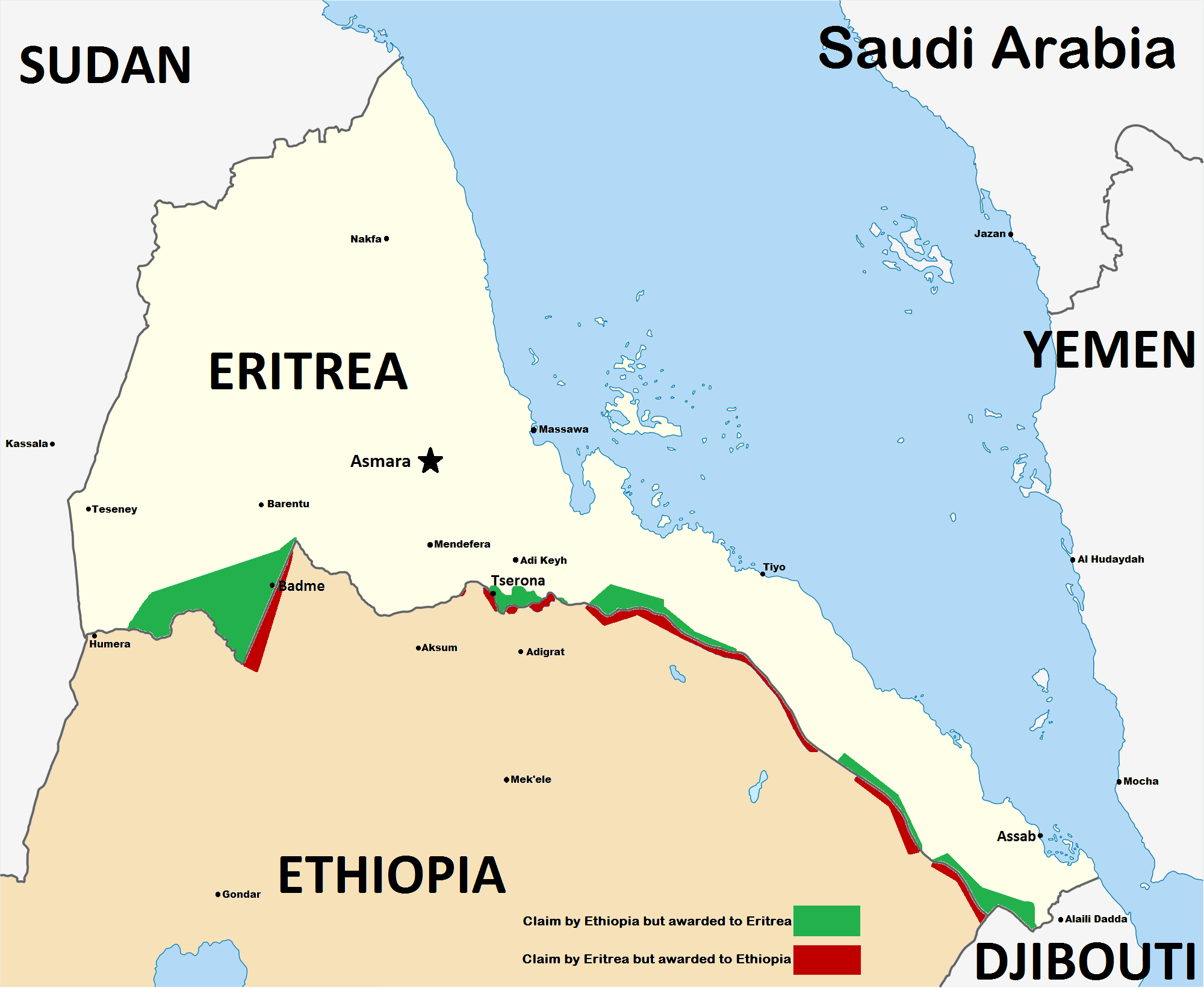Revolutionary Fossil Discovery Rewrites Human Family Tree in Africa!

A groundbreaking new fossil discovery at Woranso-Mille, Ethiopia, has shed significant light on early human diversity, revealing that Lucy's species, Australopithecus afarensis, co-existed with another distinct hominin, Australopithecus deyiremeda. This revelation, announced by Arizona State University researcher Professor Yohannes Haile-Selassie, challenges the long-held view of Australopithecus afarensis as the sole dominant early human ancestor during its era.
The Australopithecus deyiremeda, an early human ancestor that lived approximately 3.4 million years ago, was first hinted at in 2009 with the discovery of a mysterious fossilized foot at Burtele, within the Woranso-Mille area of Ethiopia's Afar Region. Scientists were initially puzzled by this find. However, subsequent study of a juvenile jawbone, matching the same age and geological layer as the foot, allowed researchers to confidently assign the foot to Australopithecus deyiremeda.
Professor Yohannes Haile-Selassie, Director and Researcher at Arizona State University's Institute of Human Origins, explained that this discovery not only confirmed the co-existence of these two species but also provided valuable clues about their characteristics. Australopithecus deyiremeda exhibits more primitive features compared to Australopithecus afarensis, suggesting that Lucy's species is closer to humankind. The unique features of A. deyiremeda indicate a combination of climbing ability and bipedal walking, reflecting a diverse adaptation strategy among early hominins.
The Ethiopian Heritage Authority Director-General, Abebaw Ayalew, emphasized the profound significance of this finding for Ethiopia. He stated that the discovery of Australopithecus deyiremeda serves as additional evidence reinforcing Ethiopia's established status as the cradle of humankind. This latest breakthrough further strengthens Ethiopia's place in the birthplace of humanity and enhances its reputation as a crucial area for ongoing research.
Ayalew highlighted Ethiopia's rich heritage in human origins, noting that out of the 23 most ancient human origin relics found globally, 14 have been discovered within Ethiopia. This extensive collection of artifacts, spanning remains dating back 6.4 million years to Homo sapiens Idaltu, the closest known ancestor of modern humans, continues to attract researchers from around the world. In response to its unparalleled historical importance, the Ethiopian government has committed to building a major museum specifically dedicated to the human origins sector.
Both Professor Haile-Selassie and Director-General Ayalew underscored the critical need to cultivate a new generation of scientists to continue this vital research. Ayalew applauded the dedicated work of the research team in bringing this significant finding to global attention and stressed the importance of nurturing more researchers to drive even greater achievements in the field of paleoanthropology.
Recommended Articles
Ethiopia on Edge: Troop Movements Spark Fears of Renewed Conflict at Eritrea-Tigray Border

Ethiopia and Eritrea are reportedly deploying troops and equipment near the Tigray region, sparking fears of renewed con...
African Development Soars: Eswatini Hails Ethiopia's Ambitious Mega Projects

The Kingdom of Eswatini has lauded Ethiopia's significant strides in large-scale development projects, particularly high...
Ethiopia-Eritrea Tensions Escalate: Addis Ababa Demands Immediate Troop Withdrawal

Ethiopia demands Eritrean troops leave its territory amid rising border tensions. Historical conflicts, the Tigray war...
Trump Reignites GERD Debate With New Mediation Offer

Former US President Donald Trump has offered to restart mediation efforts between Egypt and Ethiopia over the Grand Ethi...
Travel Revolution: Ethiopia and India Forge Diplomatic Visa-Free Pact

Ethiopia and India have formally implemented a mutual visa waiver agreement for diplomatic passport holders, effective i...
Kenya's Cross Country Dream: Can Tirop Secure Historic Tenth Title?

Kenya fields a strong senior women's team at the World Athletics Cross Country Championships in Tallahassee, aiming for ...
You may also like...
MVP Race in Jeopardy: Top Stars Shai Gilgeous-Alexander and Nikola Jokic Face Eligibility Crisis

The NBA MVP race is under threat as Shai Gilgeous-Alexander and Nikola Jokic near disqualification under the league’s 65...
Post-All-Star Battle: NBA Power Rankings Shake Up the League

Post-All-Star NBA power rankings highlight the Thunder, Spurs, and Pistons atop the standings, while injuries and em...
Netflix Chief Ted Sarandos Heads to White House for Crucial Warner Bros. Deal Talks

Netflix co-CEO Ted Sarandos is navigating complex negotiations for Warner Discovery amidst political pressure from Donal...
Paramount Skydance Faces Q4 Losses, Eyes Bold Warner Acquisition Bid

Paramount Skydance reported a widened Q4 loss driven by declines in TV advertising and distribution, even as streaming a...
Zimbabwe Unlocks Tourism Potential: Lock Brothers Set to Boost Harare's Visitor Numbers

Benjamin Lock is spearheading the development of The Hills Luxury Golf Estate in Harare, aiming to transform it into a p...
Unlock Supercharged Health: Experts Reveal 6 Habits for Enhanced Fat Jab Results & Heart Wellness

A Harvard study reveals that GLP-1 medications, combined with healthy lifestyle habits, can dramatically cut the risk of...
Nvidia Soars Again: Record Quarter Fuels AI Dominance

Nvidia, the world's most valuable company, reported record profits driven by an exponential surge in AI compute demand. ...
AI Unleashed: Gushwork's Search Gamble Pays Off with Early Success

India-founded startup Gushwork has secured $9 million in seed funding to help businesses navigate the evolving landscape...